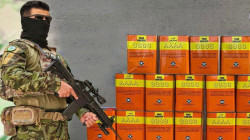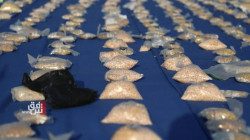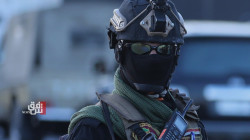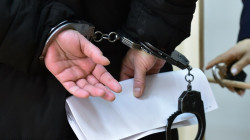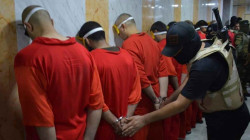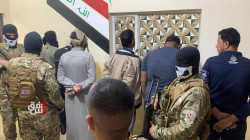Between Baghdad and south Iraq, drug trafficking under the cover of public transportation
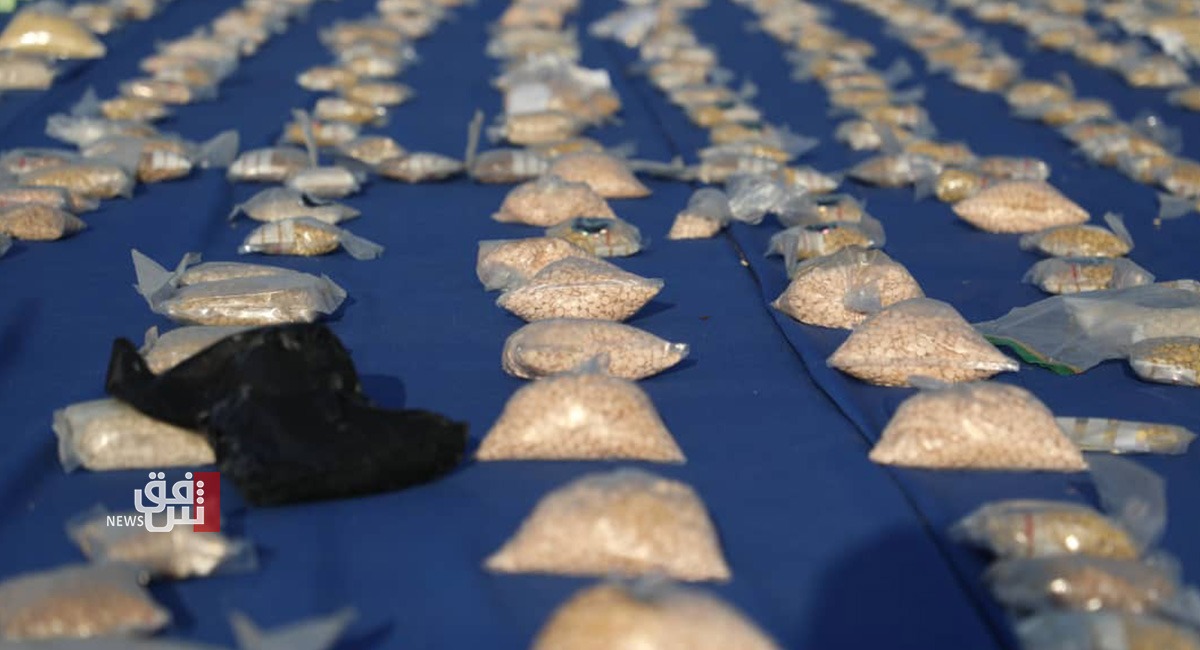
Shafaq News / The drivers accredited by the state’s Transportation Commission to work on the roads linking Baghdad with the southern governorates have frequently complained that “smuggling drivers”, as they call them, are stealing the passengers.
However, it appears that these drivers are not only "stealing" passengers, as transporting them between governorates is merely a cover for drug smuggling.
Shafaq News agency’s correspondent accompanied a taxi driver from Baghdad to one of the southern governorates. During the trip, the driver showed him a glimpse of what is happening behind the scenes.
The driver, who drives a Dodge Charger vehicle on Baghdad-Dhi Qar road said that he charges 85,000 and 75,000 dinars for three and four passengers, respectively.
"Some of the drivers working on the external road with us are not registered in any government agency. They transport passengers to Baghdad in exchange for a small amount of Money; 50,000 dinars sometimes.”
"Investigations demonstrated that they were transporting prohibited substances such as drugs between the southern regions and Baghdad via a vast trade network amid the complicity of some security officers at government checkpoints," the driver explained.
"Najaf recorded a shocking figure for drug use and dealing last year with nearly 1,050 people involved in at least one of them; an average of about three daily cases between users and dealers," a source told Shafaq News agency, "700 of the detainees were prosecuted in the governorate appeals court."
“In June 2021, a source in the Dhi Qar governorate said that 221 persons were arrested for drug dealing only in 2021," a source said, “160 drug dealers and abusers were caught in the first six months of 2021 in Nasiriyah and its outskirts," the source added.
"The Anti-Narcotics Division also confiscated more than 15 kilograms of crystal meth, more than narcotic 10,000 pills in the possession of the 160 detainees," the source continued.
"More than 40% of the detainees have been referred to the trial courts, while the investigative and judicial proceedings are still in force against the remaining defendants," he said.
Weak penalties
According to legal expert Ali al-Tamimi, “The Iraqi legislator was sentenced in the 1965 Drug Act 68 to 15 years in prison for drug use at a time when drugs were not so widespread and frightening that the user was referred to felonies."
"In article 32 of the Iraqi legislator's new drug law No. 50 of 2017, the penalty for drug use is imprisonment for one to two years and a fine of up to ten million dinars, which is a meager punishment that does not suit the fact that Iraq is a market for abuse and not a source or producer of drugs," al-Tamimi told Shafaq News Agency.
"The goals of criminal punishment are always deterrence, social justice, and punishment, and reducing punishment has been ineffective, as the drug trade and use have increased in cafés and amusement parks, as reported in the media."
"Despite the seriousness of their act that destroys society and causes many crimes, such as murder, incest, and other crimes, the new Drug Act 50 of 2017 does not state the death penalty for drug dealers," another legal expert said.
"The drug law needs to be significantly amended in terms of dealers and users, as it treats the users as patients and imprisons them for only six months, and sometimes, the court may only impose a fine," legal expert Ahmed al-Abadi told Shafaq News agency.
"Iraq was free of these substances before; however, it is now a user and producer of them. We must impose stiffer punishments and regain full control of our borders," al-Abadi stated, “the law must approve the capital penalty for such crimes."
